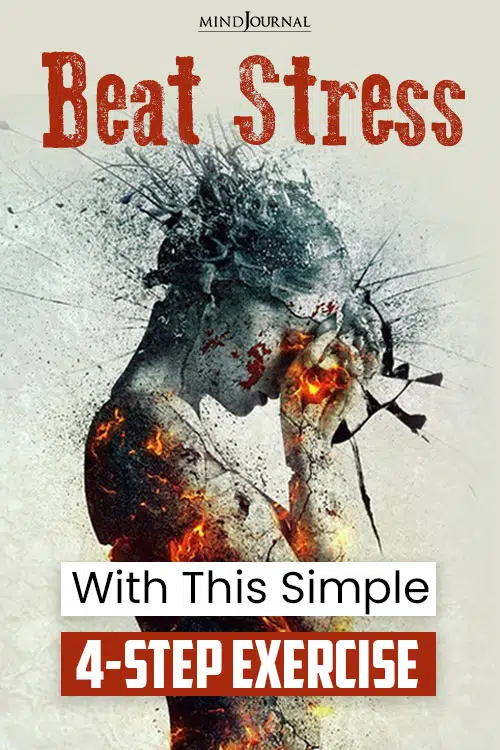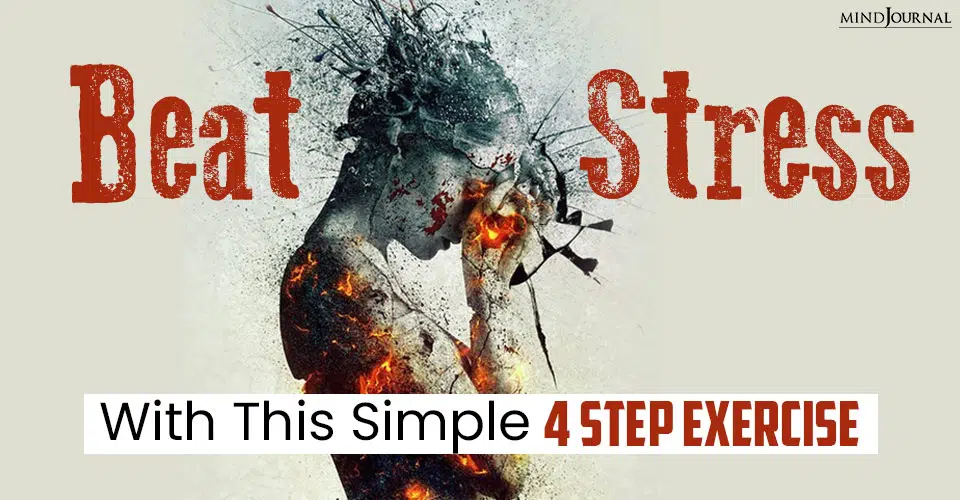How are some people able to stay calm and productive in response to challenges while others are easily stressed? Like most people, you probably deal with your fair share of workplace annoyances. From the meeting that gets rescheduled yet again to managing your overflowing inbox or navigating the tricky world of team dynamics, your stress levels may spike multiple times throughout a single day.
Let’s look to those who have mastered the art of composure under pressure: The U.S. Navy SEALs.
How Navy SEALS Reduce Stress
There’s no question that U.S. Navy SEALs face some of the most difficult situations any human could encounter. Because of this, they’ve developed ways to apply the emerging science of grit, resilience, and emotional regulation to effectively manage stress.
In fact, neural scans show that some SEALs have a remarkable ability to remain calm in response to threatening situations. Their brains respond differently to stress, activating neural centers related to emotional control instead of ones related to anxiety and fear.
Their secret? SEALs manage their physiology to better to control their psychology.
Related: Emotional Distress: 7 Signs You Are Feeling Mental Strain And What To Do
Researchers at Veterans Affairs put it this way:
Learning to control your physiology, to control your anticipatory responses as you remain in that situation, are the first steps to controlling your brain’s response.
If you’re thinking this is the result of some superhuman ability, think again. It may come down to managing one important aspect of well-being: your breathing.
A Simple Exercise To Help You Stay Calm
A practice that SEAL teams use in times of trouble is one you can borrow at your desk. It’s called box breathing or four-square breathing.
Here’s how it works:
1. Breathe in for four seconds.
2. Hold air in your lungs for four seconds.
3. Exhale for four seconds.
4. Hold your breath, lungs emptied, for four seconds.
You can even find guided visualizations online to assist you in a box breathing practice if you’re just getting started. The beauty of box breathing is that it’s inconspicuous, meaning you can practice it anywhere, at any time — during negotiations, before delivering tough feedback, or even in the middle of a frustrating conversation, for example.
Recently I shared this tool with a client who is navigating her team through a rocky leadership transition. Meetings were fraught with chaos and morale was slipping, which my client felt responsible for as a manager. These worries were beginning to take a toll on her. The anxiety followed her home at night. She found herself becoming increasingly irritable and knew she had to address it in a more productive way.
After practicing box breathing for just a few days, she experienced a major shift. Because box breathing improved her ability to regulate her emotions, she felt more in control and able to deal with challenges. With renewed levelheadedness, she could communicate more effectively to advocate for her team during the transition — even when upstream dynamics threatened to throw their progress off-course.
Related: 8 Techniques For Reducing Anxiety And Stress Right Now
Give box breathing a try. Even though you’re not on the battlefield, you may find this time-tested Navy SEAL technique helps you rule the day.
Free quiz: Break free from imposter syndrome and overwhelm. Discover which “growth gap” is causing your self-doubt and learn how to gain consistent confidence as a Sensitive Striver. >> Take the quiz now
Written By Melody Wilding Originally Appeared On Melody Wilding









Leave a Reply
You must be logged in to post a comment.